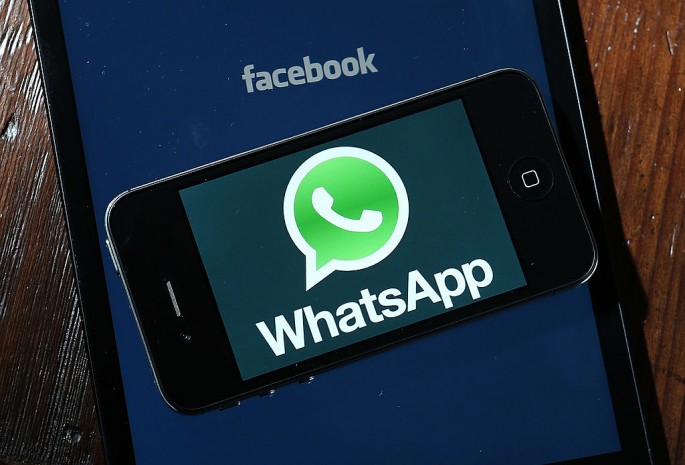Phone-messaging app WhatsApp is back in service in Brazil after 12 hours of suspension. A Brazilian judge reversed the decision of a lower court that ordered on Thursday a 48-hour suspension of the service, owned by Facebook, for failure to comply with two judicial decisions to share information in a criminal case.
The suspension, protested by Facebook CEO Mark Zuckerberg, benefited rival app Telegram which received 1 million downloads after the service suspension, reports Reuters.
As the most installed app in Brazil, WhatsApp is found on 92.5 percent of Android phones in the country. It is found on 74 percent of Facebook Messenger, while Telegram was only on 2.35 percent of Android phones before the service interruption, according to internet intelligence and marketing firm SimilarWeb.
Rather than cut the service, Judge Xavier de Souza of the 11th Criminal Court of Sao Paulo, recommended that WhatsApp be fined higher instead. Explaining his ruling, de Souza says, "Considering the constitutional principles, it does not look reasonable that millions of users be affected as a result of the company's inertia to provide information."
A lower court sought access to communications on WhatsApp made by a drug trafficker who belongs to PCC, or First Command of the Capital. The PCC is one of the most dangerous criminal gangs in the Brazilian city, and the court believes the trafficker used the app to communicate with others. WhatsApp explains that it could not comply with the court order, although it was willing to.
Following the suspension of WhatsApp, Zuckerberg posted on Facebook, "Until today, Brazil has been an ally in creating an open Internet. I am stunned that our efforts to protect people's data would result in such an extreme decision by a single judge to punish every person in Brazil who uses WhatsApp."
Besides Brazilians, the outage also affected WhatsApp users in neighboring countries of Chile and Argentina, based on postings in social media sites.
However, Brazilian telcos support the suspension and are in favor of shuttering the Facebook app. The telcos complain that the app's voice service is not regulated and is illegal, although the real reason behind their move is that the telcos lost money after millions of Brazilians cancelled their mobile phone subscriptions and instead opted for the free services offered by WhatsApp.



























